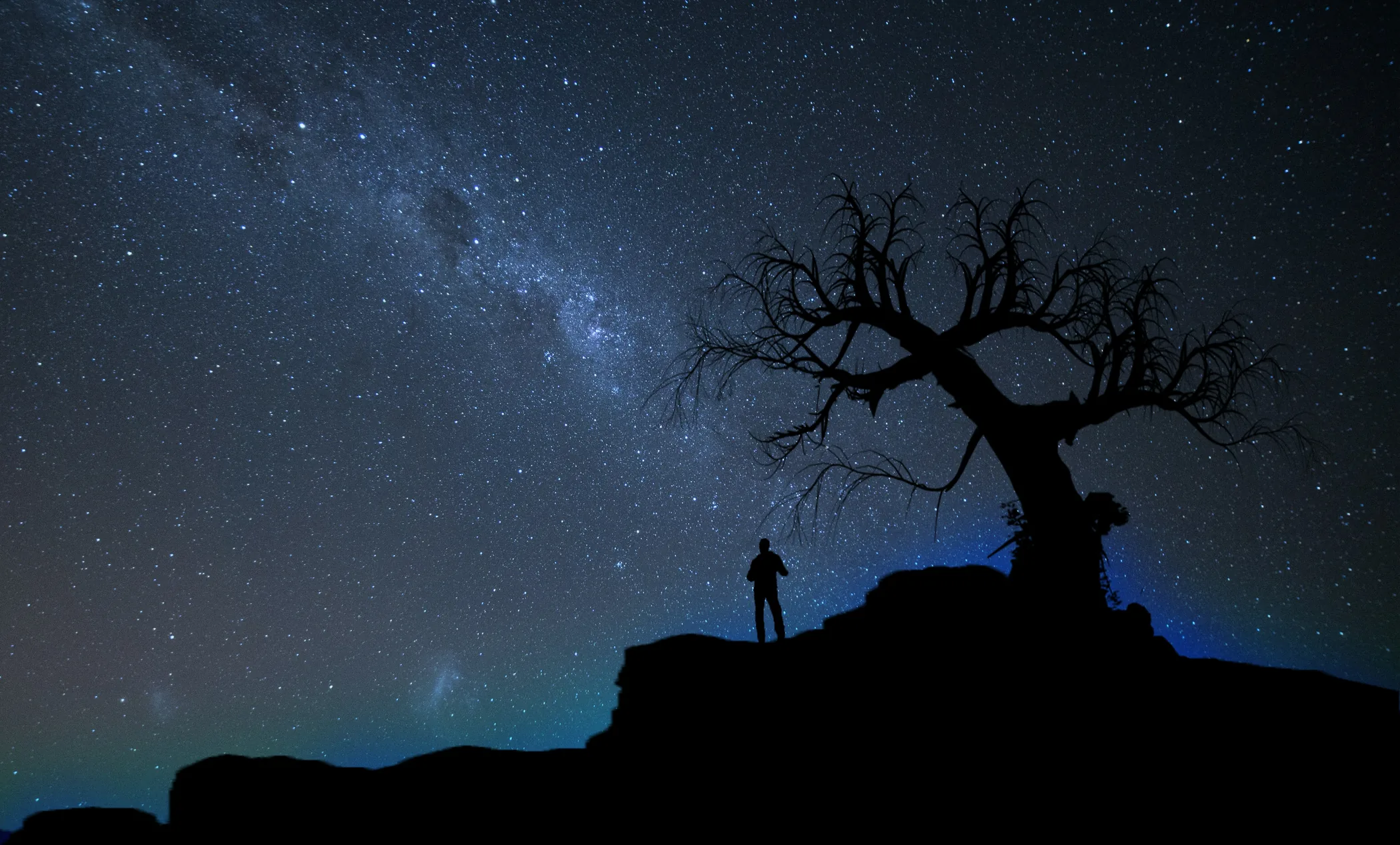The death of the night sky
On 27 October 2023

In the middle of a regular January night in 1994, an earthquake of magnitude 6.7 struck the city of Los Angeles at 4:30 A.M., plunging the entire city into a blackout. City-dwellers who were knocked out of their sleep stumbled outside to see our true night sky: a dark canvas dotted with thousands of white dots, with the likes of planets, constellations, and most importantly, the gargantuan arm of the Milky Way. At that same time, 911 had received many calls from residents who were dumbfounded by what they were seeing. Some people thought it was a huge cloud they needed to run from. Others thought it was aliens. But what was it, really?
This is the reality of the consequences of modern day light pollution. While light pollution is, of course, bad for astronomy, it’s consequences stretch much further - from the death of wildlife to issues in humans like diabetes and heart disease.
Over the last 100 or so years, ever since the discovery of the light bulb, artificial lighting has spread like wildfire, to the point where now, around 85% of the world’s population lives under light polluted skies. Our never ending desire to find more time in the day and for economic progress has led to the majority of people becoming oblivious to the spectacle of our cosmos that lies right above our heads - Washed out by scattered light in the atmosphere.
And it isn’t limited to just humans. Artificial light greatly interferes with the circadian rhythm and migration cycles of animals, which can lead to issues ranging from migration issues to decreasing populations. Birds, for example, use stars to navigate, and light pollution has made that a lot more harder. It also leaves insects confused, as they’re drawn in by bright lights.
In humans, exposure to such artificial light can affect our sleep and lead to sleep disorders, our mood in the form of depression, and even our body’s health - It harms our vision due to lack of contrast, and leads to others issues like diabetes and heart disease.
Furthermore, light pollution directly affects energy expenditure. It's estimated that in the United States alone, unnecessary outdoor lighting uses about 22 terawatt hours a year, which equates to approximately 3.3 billion dollars. It also releases a large amount of greenhouse gases for no reason, even contributing to global warming.
With that said, these issues probably take the backseat in the grand scheme of things. The real loss here is cultural. Our ancestors built monuments and tools to align with and track the stars. They built constellations out of seemingly random dots in the sky and came up with intricate stories behind them. And most events and festivals are actually dictated by the movements of the stars. But now? Now the night sky is a dull, washed out version of its former glory.
The true night sky and the milky way are fascinating to look at. While it is a breathtaking sight, There’s something else about it, too - When you look up, it really shows you your place in the universe. After all, we’re just another dot, too.
And while simply turning off all the lights of the world tomorrow isn’t exactly practical, there’s still things we can do. For example, in New Zealand, the streetlights are amber in color instead of white, and they point towards the ground, not the sky. These lights last longer, use less energy, and are often cheaper. Animals are not attracted as much to them as much, and humans can sleep better because of them. Besides, won’t amber streetlights look better, anyway?
Stargazing is also something I think that everyone should try at some point. The thrill of spotting an object in the night sky and identifying it, or unraveling whole constellations, or looking out for once-in-a-lifetime events simply cannot be replicated.
In conclusion, protecting our night skies should really be a duty for all of us, since we stand to benefit: Emotionally, physically, and environmentally - After all, fighting light pollution would be a big step forward in the fight against all pollution and the fight to save our Planet.
Ever since ancient times, the night sky has played the role of a wonderful guide to all humans. Why get rid of it now?
Back to Home page